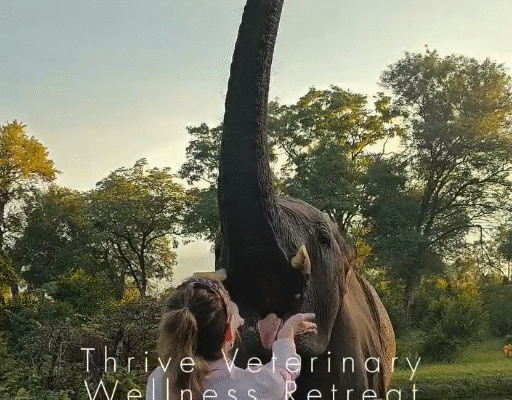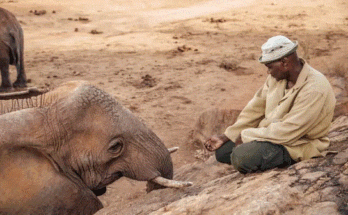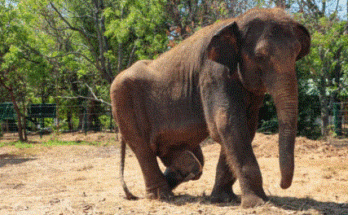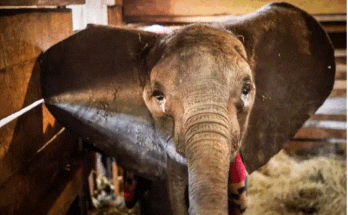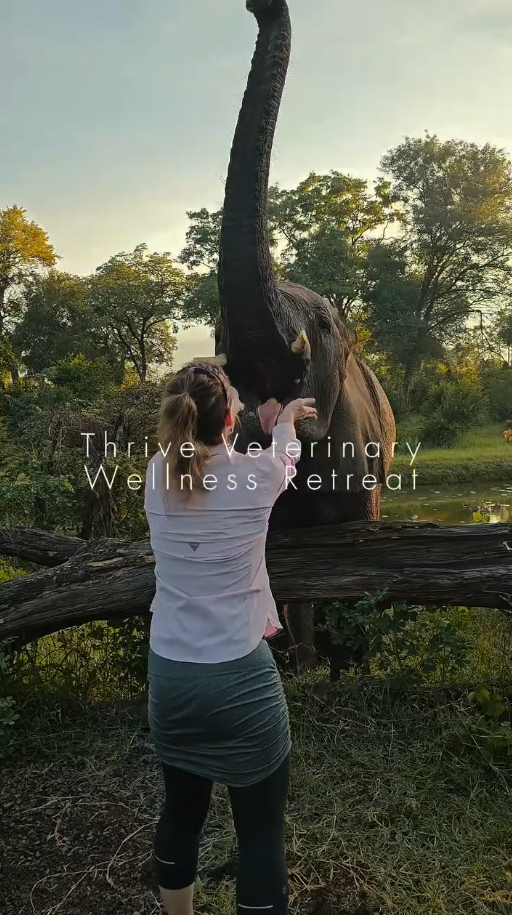
Burnout is often mistaken for simple fatigue — a bad week, a tough day, a rough season. But burnout runs deeper. It isn’t fixed by a single good night’s sleep or a weekend off. It’s a chronic state of emotional, mental, and often physical depletion that slowly drains a person of their joy, motivation, and ability to function at their best. It sneaks in quietly, often disguised as dedication and ambition, but eventually begins to unravel even the most resilient minds.
This type of exhaustion doesn’t come from laziness or weakness. It often stems from care — caring too much, for too long, without proper boundaries. It affects students, professionals, caregivers, parents, and people in every walk of life. It’s most common among those who try to do it all: to be everything for everyone. Over time, the emotional cost of constantly giving — at work, at home, in relationships — begins to feel unbearable.
Burnout doesn’t look the same for everyone. For some, it starts with cynicism. Things that once brought joy — work projects, hobbies, time with family — begin to feel meaningless or irritating. For others, it manifests physically: chronic headaches, insomnia, digestive problems, or even panic attacks. Many experience what’s known as “empathy fatigue,” where they struggle to connect emotionally with others. The desire to care is still there, buried deep down, but the energy to act on it is gone.
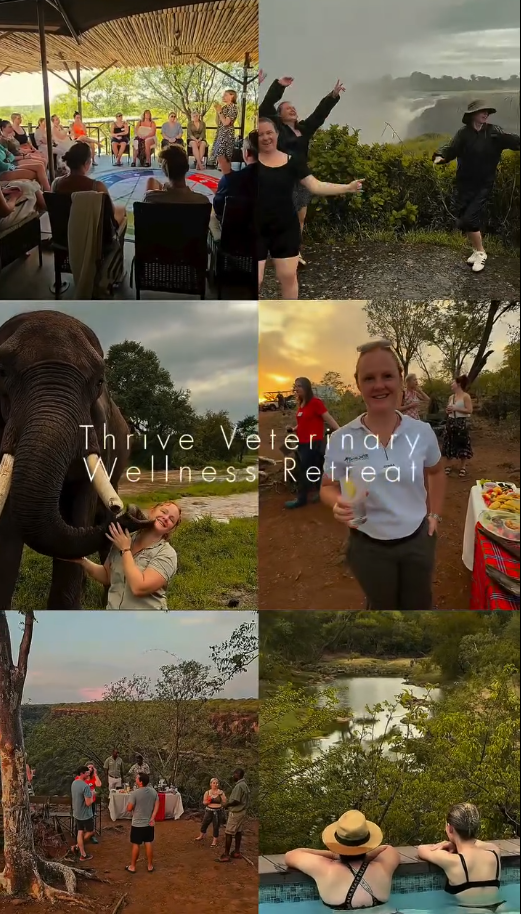
One of the most dangerous aspects of burnout is how invisible it can be to the outside world. You may still look like you’re functioning — showing up to work, going through the motions, keeping the house clean — but inside, you’re running on empty. That invisibility often leads people to suffer in silence, believing they must just be “weak” or “not trying hard enough.” But burnout is not a failure; it’s a signal. A signal that something in your life is unsustainable and needs to change.
In today’s hustle-driven culture, burnout is often romanticized. We glorify the “grind,” celebrate overwork, and praise those who sacrifice sleep, rest, and personal time in the name of productivity. Social media amplifies this, presenting highlight reels of success and strength while hiding the breakdowns that happen behind closed doors. But the truth is, there’s nothing admirable about reaching the point where you can no longer feel happiness or connect with the people you love.
Recovering from burnout isn’t easy — and it’s not quick. It begins with awareness. Recognizing that you’re burned out is the first and most important step. From there, it’s about making intentional changes: setting boundaries, saying no, asking for help, and allowing yourself space to rest. This might mean taking time off work, adjusting expectations, or simply giving yourself permission to do less without guilt.

Self-care plays a critical role in recovery, but not the superficial kind marketed in advertisements. True self-care is not just bubble baths and scented candles — though those can help, too. Real self-care is choosing sleep over scrolling. It’s turning down extra commitments, seeking therapy, making time for solitude, and nourishing your body with rest and good food. It’s learning to value your health and well-being as much as your productivity.
Equally important is finding ways to reconnect with the things that once brought joy and meaning. Burnout dulls our emotional palette — everything begins to feel gray. So reigniting passion might look like revisiting an old hobby, spending time in nature, or laughing with friends who remind you who you are. It’s a slow process, and it’s okay if it doesn’t all come back at once.
Community matters, too. Burnout can be isolating, but you’re not alone. Others have walked this path. Talk to people you trust — let them know how you’re feeling. Sometimes the most healing thing in the world is simply being heard. And if you see someone you care about showing signs of burnout — pulling away, losing interest, appearing numb — reach out. Compassion, not pressure, can make all the difference.
It’s also worth looking at the systems around us. While individual strategies help, burnout is often a symptom of larger structural issues — overwork, toxic work cultures, lack of mental health resources, or unfair social expectations. Healing collectively means changing these systems, advocating for better support, and creating environments where rest is seen as a right, not a reward.
Ultimately, burnout is a wake-up call. Not to push harder, but to realign. To reevaluate what truly matters. To build a life that isn’t just about surviving — but about living with depth, connection, and authenticity. Because when you begin to heal, you rediscover what it means to show up not just for others — but for yourself.
And that kind of presence? That’s where the magic begins again. 🌟💚
